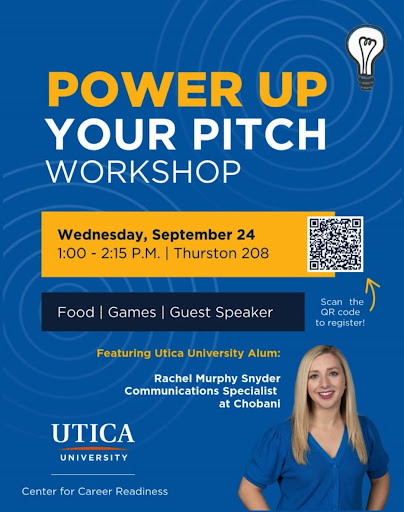On Tuesday, Oct. 29, the NCAA’s top governing board unanimously voted to allow college athletes to receive money for playing sports while in school. Though, each division must have their own specific set of rules.
The rules must be set in place no later than January 2021. This announcement came just one month after the state of California became the first in the country to pass a law that will allow college athletes to hire agents and then get paid for endorsement deals starting in 2023.
This is something that everyone knew was coming and it was just a matter of when it was going to be proposed and where it was going to pop up first.
The fact that California introduced it before the NCAA proposed it says a lot about how individual states may feel about it. California is a state that has more than enough big-name colleges and funds to do this. It was even thrown around that if the NCAA doesn’t allow athletes to get paid, California could potentially break off and create their own collegiate division.
This law will allow players to profit off their name, image and likeness. The first thing that will come to mind is NCAA video games. NCAA Football 14 was the last college football installment from Electronic Arts, as the series ended due to several lawsuits against the company for that exact reason.
Ultimately, the schools that will be affected the most will be the power schools in the big conferences. In the NCAA, there are five “power conferences”: the ACC, SEC, Big East, Big 12, and Pac 12.
For smaller institutions like Utica College, it likely won’t have much effect. It will become a big factor in schools where the players are bringing in millions of viewers every week on television and thousands of fans to the stadiums.
Utica College Athletic Director David Fontaine said he still wants to see more details, specifically for the state of New York, before he can fully dive into the topic.
“I am absolutely supportive of this,” he said. “It could have an impact on the bigger schools going forward.”
Right now, especially in New York, the details are very vague and make it a hard topic to discuss.
“Each state is going to have their own individual laws, and right now in New York there is no differentiation between divisions one, two, and three,” Fontaine said.
New York isn’t a dominant state with colleges that you always see in the championship of NCAA tournament games or ranked in the top 25.
As far as division one goes, Syracuse University is really the only big division one school in the state. That’s really the only place in New York where you would see this new law having any effect.
The big question that arises is that the whole purpose of college sports is to keep it amateur, which then leads to another argument: Is it taking away the amateurism of college sports if the college isn’t the one paying the players?
If certain athletes are making colleges millions of dollars thanks to jersey sales, for example, why should they not be able to make money also?



































































































































